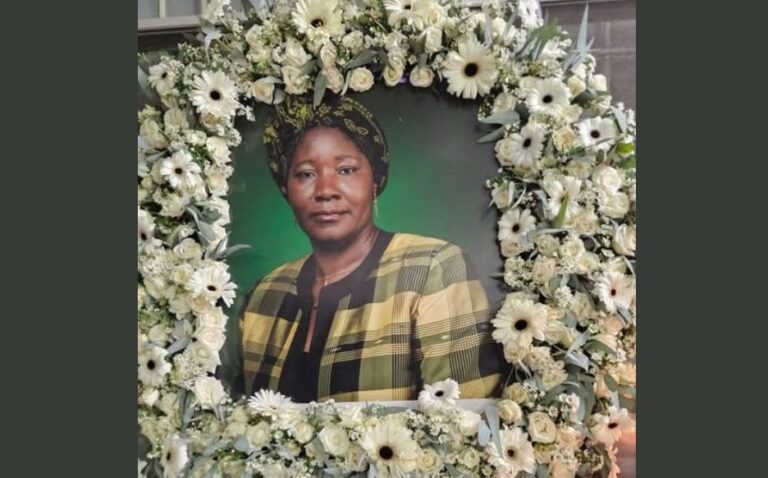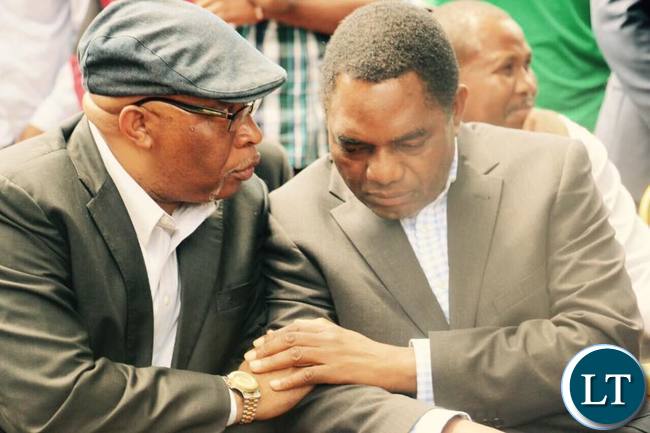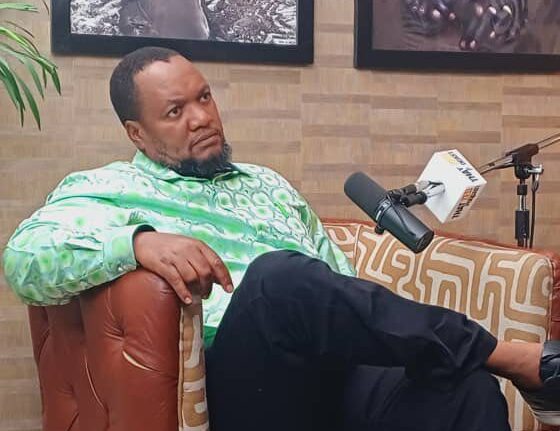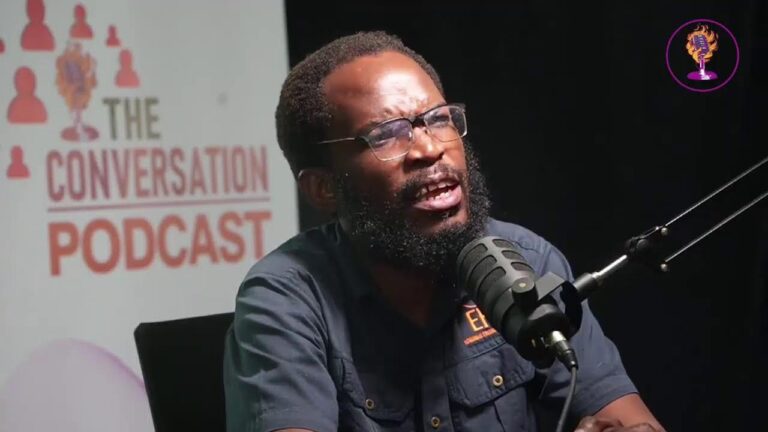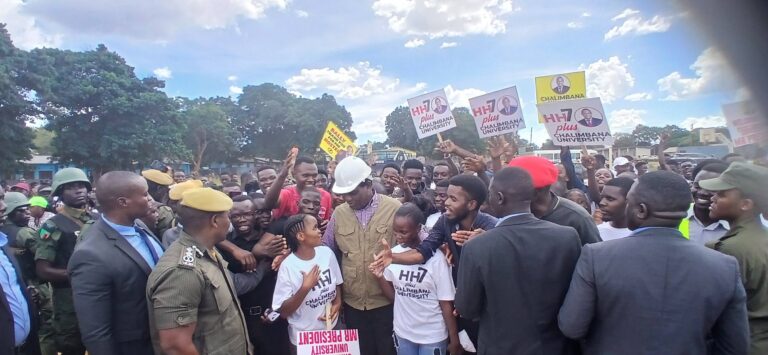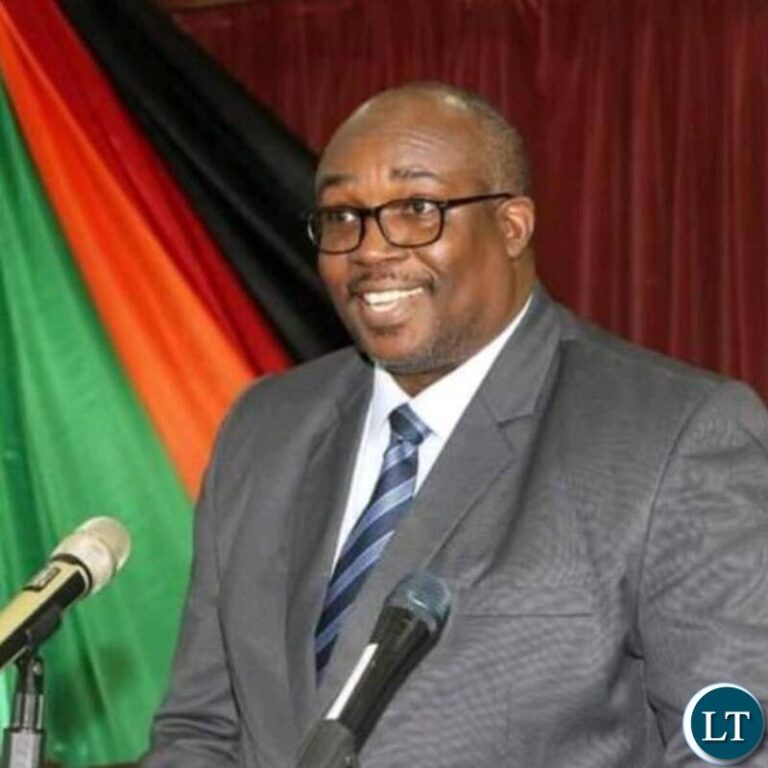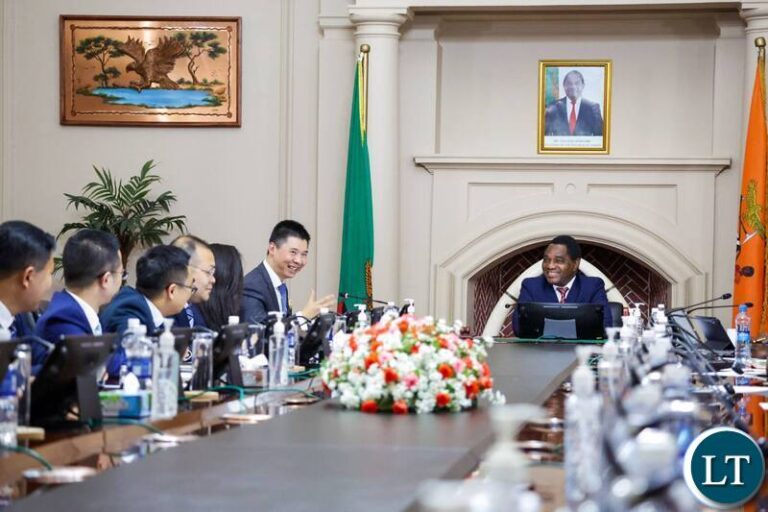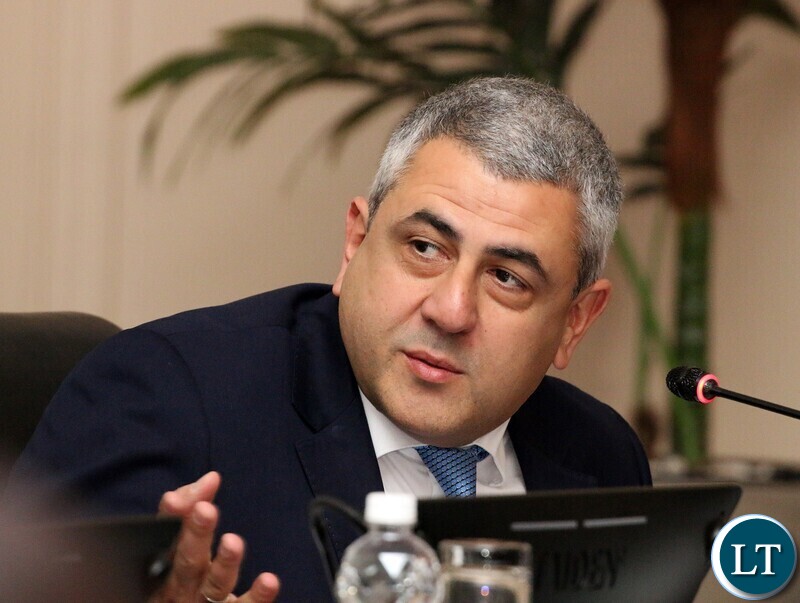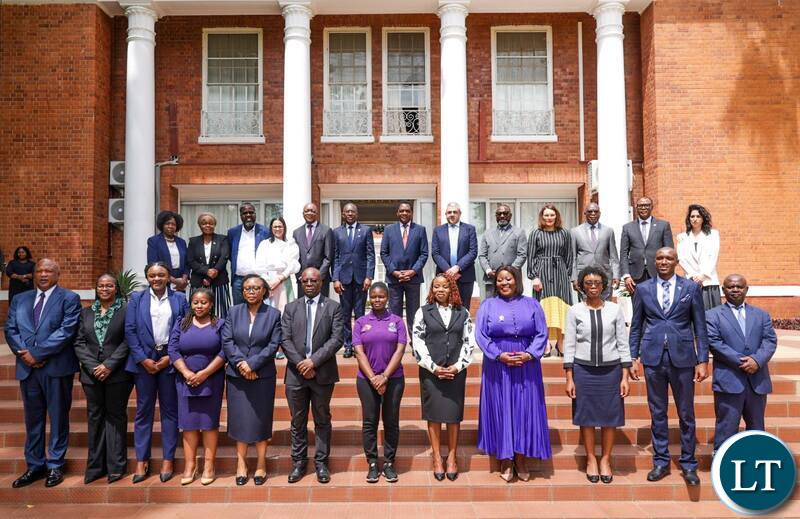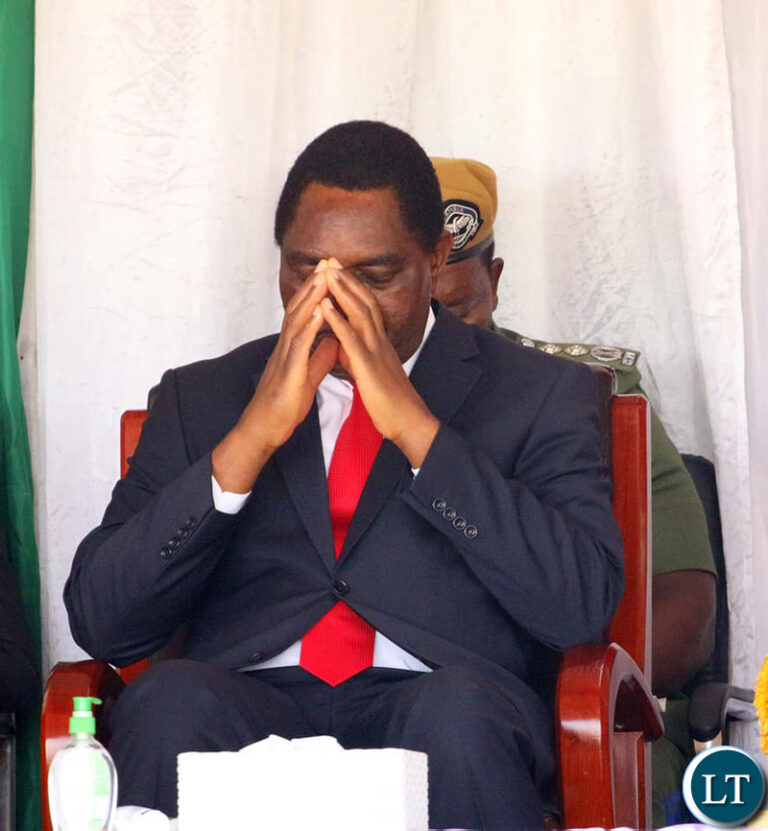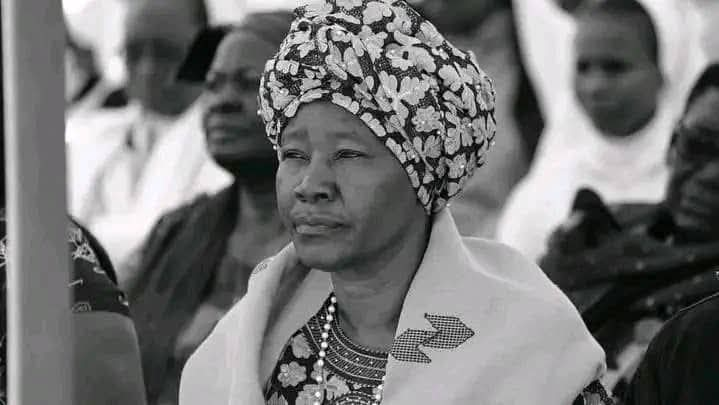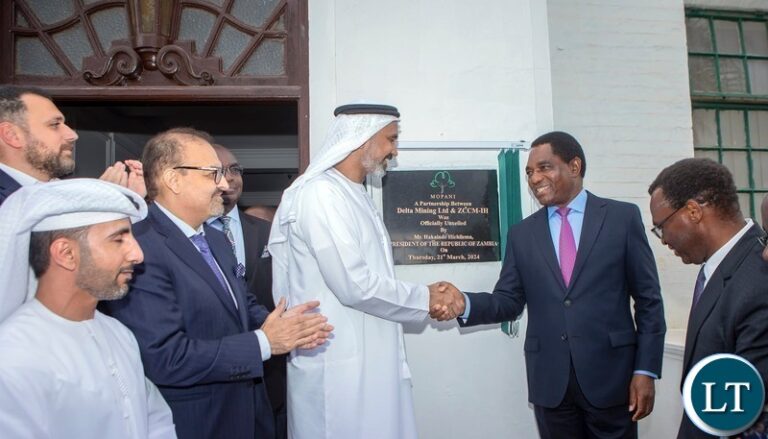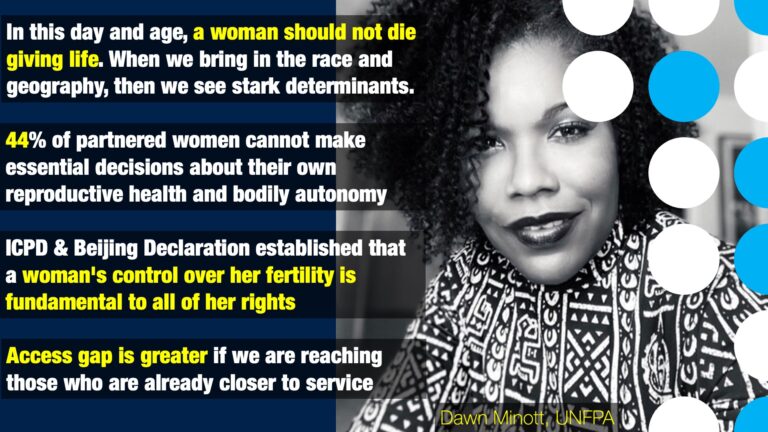The recent sale of ZCCM-IH’s 51% stake in Mopani Copper Mines to Abu Dhabi’s International Resources Holdings (IRH), done without parliamentary approval, has once again opened old wounds in Zambia’s mining sector. At the heart of the debate lies a fundamental question: who truly benefits from the country’s rich mineral resources?
Copper is Zambia’s economic lifeblood—accounting for over 72% of export earnings and 44% of government revenue. It is the people’s inheritance, not a private commodity to be traded behind closed doors. Yet, in a move that reeks of secrecy and disregard for democratic accountability, the government chose to offload a controlling stake in Mopani without consulting the National Assembly or engaging in a transparent, inclusive process.
This opaque transaction not only undermines public trust but fuels the very corruption that has long held our country hostage. The consequences are dire: foreign entities continue to profit massively, while the Zambian people, especially those living in mining towns like Mufulira, Kitwe, Chingola and Chililabombwe remain trapped in poverty, joblessness, and environmental degradation.
What’s more disheartening is the chorus of praise from some political cadres, hailing this deal as a “strategic move.” One has to ask, what exactly are they celebrating? Is it the continued erosion of our sovereignty? The widening gap between the rich and the poor? Or are they simply clapping for crumbs while their families remain in destitution?
Let’s be honest, many of those praising this deal are not doing so out of conviction, but out of convenience. They are benefitting from the patronage system that feeds a select few at the expense of the majority. Meanwhile, their relatives, friends, and neighbors still sleep hungry, struggle to pay school fees, and queue at clinics with no medicine.
This is not just about Mopani. It’s about the future of Zambia. It’s about demanding that our leaders stop selling our birthright in backroom deals. It’s about standing up to a system that allows a few to sit at the high table while the rest fight over scraps on the floor.
True patriotism is not blind loyalty to a political party, it is loyalty to the people and to the nation. If we remain silent now, we risk becoming complicit in the continued looting of our own resources.
Zambia deserves better. Our children deserve better. And it starts with holding those in power accountable, demanding transparency in all public deals, and ensuring that every Zambian gets a fair share of the wealth beneath our soil.
Here’s why we must demand transparency in mining deals and how we can achieve it:
1. Why Transparency is Non-Negotiable.
A. Constitutional and Legal Violations.
The Mines and Minerals Development Act (2015) and Public Finance Management Act require parliamentary oversight for major asset sales. The IRH-Mopani deal bypassed this, setting a dangerous precedent for executive overreach .
Zambia’s Constitution (Article 16) vests mineral rights in the President on behalf of the people, implying fiduciary duty to ensure public interest . Secret deals violate this trust.
B. Risks of Corruption and Illicit Financial Flows.
Beneficial ownership opacity: Hidden ownership by politically exposed persons (PEPs) has led to revenue losses through tax evasion and fraudulent contracts.
The IRH deal’s structure, reportedly involving debt conversions rather than direct investment—raises questions about who truly benefits.
C. Economic and Social Costs.
Zambia’s mining sector contributes only 2% to employment despite its fiscal dominance . Opaque deals worsen inequality, as seen in Chingola, where communities lack clean water despite living atop copper riches .
Debt traps: Past deals (e.g., Glencore’s $1.5 billion debt) have left Zambia liable for private-sector failures. Transparency could prevent such pitfalls .
2. How Zambia Can Enforce Transparency.
A. Legal and Institutional Reforms.
1. Publish mining contracts: Zambia’s EITI commitments require disclosure of licenses and agreements, but compliance is patchy . Full contract transparency (e.g., via the Resource Contracts Portal) is critical.
2. Strengthen the Mining Cadastre: The current system is prone to manipulation. An online, public cadastre would deter speculative licensing and corrupt allocations.
3. Enforce beneficial ownership laws: Zambia’s Companies Act (2017) mandates disclosure, but data remains inaccessible. The Opening Extractives Program can help .
B. Parliamentary and Judicial Oversight.
Parliamentary audits: The Supreme Audit Institution has used EITI data to expose licensing irregularities . Regular audits of state-owned entities like ZCCM-IH (which hasn’t published audited reports since 2020) are overdue .
Judicial review: Civil society could challenge unconstitutional sales (e.g., IRH deal) under Article 16.
C. Civil Society and Public Pressure.
ZEITI reports have revealed gaps in revenue collection and social payments . Advocacy groups must leverage these to demand accountability.
Community participation: Mining-affected communities (e.g., Chingola) should have a say in deals via public hearings and social impact assessments.
3. The Consequences of Inaction.
Without transparency:
Zambia repeats past mistakes: The Vedanta/Konkola Copper Mines saga (a 5-year dispute over state seizure) eroded investor confidence . Opaque deals deter serious investors.
Resource nationalism backfires: While Zambia seeks greater state control (e.g., Minerals Regulation Commission Bill), poorly executed reforms risk corruption and disputes .
Youth unrest grows: With 60% poverty rates and rampant illegal mining, opacity fuels resentment .
Conclusion: A Call to Action.
We cannot afford secrecy in mining deals. -Transparency safeguards:
-National sovereignty (no more asset fire sales)
-Economic justice (fair taxes, local jobs)
-Investor confidence (stable policies attract ethical capital)
Recommendations:
1. Cancel the IRH deal pending parliamentary review.
2. Publish all mining contracts and beneficial ownership data.
3. Amend laws to mandate legislative approval for major sales.
As Minister Paul Kabuswe noted, Zambians must “feel the impact” of mining . Transparency is the first step.
What’s next? Share this article, demand #MiningTransparencyZA, and pressure MPs to act. The copper beneath Zambia’s soil belongs to its people, not shadowy deals.
By Alexander Vomo, MAFM, MProjMgt, PMP


